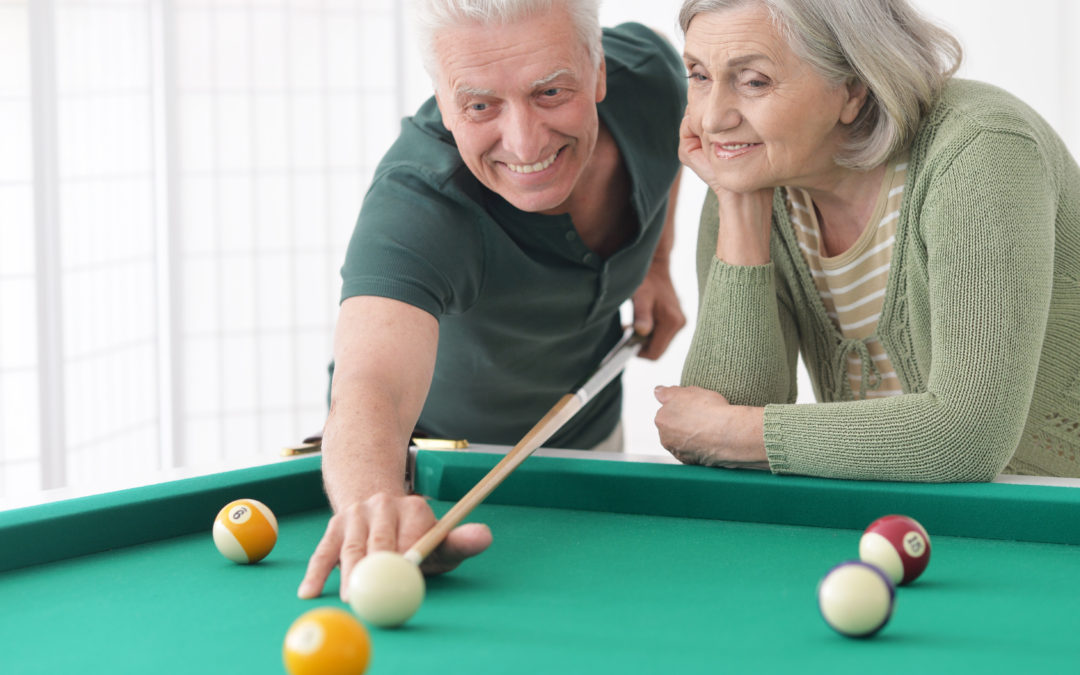Staying Socially Connected As We Age
While there has long been an emphasis on staying physically active as we age, a less talked about issue is the need to maintain social connections. Healthy social interactions are critical to maintaining our quality of life, as is exercising.
There are numerous studies that show a direct correlation between social health and cognitive function. Interacting with peers not only keeps the mind sharp, but also creates a sense of belonging. The general feeling of happiness created by belonging to a community can boost the immune system, which in turn helps stave off problems related to depression, high blood pressure, the heart and even dementia. Happy people generally maintain a healthier appetite also, which is critical to sustaining good health.
Talk to your neighbors
Social isolation may be new to you because of retirement or widowhood. People lose sight of the fact that even though they’re getting older, they still have control over their social life. Get out and talk to your neighbors. You might learn that you have common interests you can pursue together.
Here are a few other activities that can help you stay socially connected in retirement.
Volunteer – Volunteering is a great way to give back to the community. Consider local hospitals, animal shelters, Habitat for Humanity, local libraries or other charitable organizations.
Get a part-time job – If you’ve left the pressures of a long career, you might find that a less stressful part-time job will help you find the balance you seek in retirement and create the social connections you’ve been seeking.
Community Center – Community centers, like the one here at Sanatoga Ridge, offer a variety of fun activities such as woodworking, pool, bocce, shuffle board and movie nights.
Join a club – There’s a whole world of people with interests similar to yours and they all can be found on the Internet. Gardening, reading, playing cards and golf are just a few of the activities that people form clubs to pursue. Pick an interest – new or old – and either learn from the experience, teach others what you know, or, do both.
Take a class – We are never too old to learn. Many communities offer Continuing Education Classes are often geared toward seniors. They can range anywhere from technology to cooking.
Social interaction for older adults is important for so many reasons, from physical health to emotional health. Make the effort to maintain social connections.


